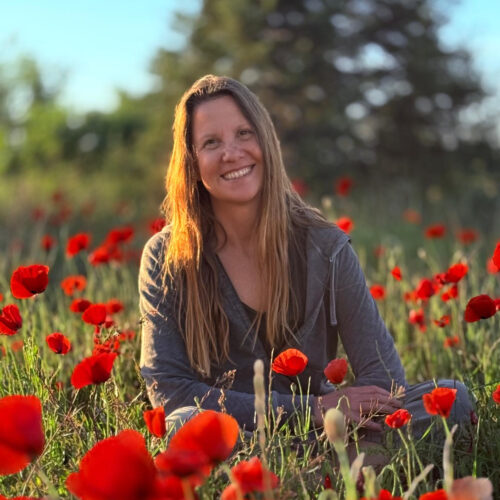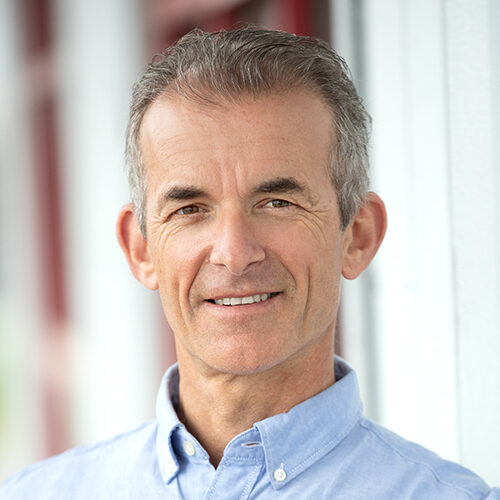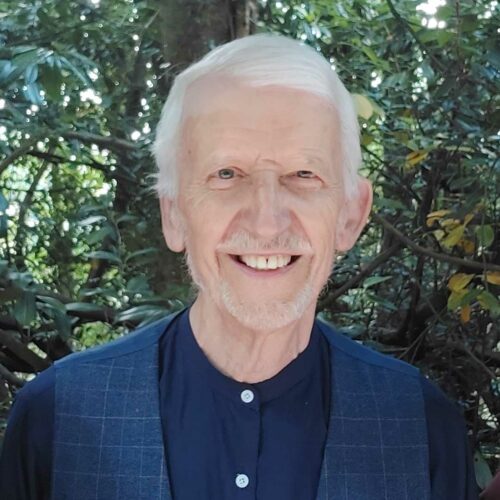Our practice cultivates qualities of boundless love, whether through loving kindness practice, or opening to the love inherent in deep states of awareness. But can we really love everyone boundlessly? What about political leaders who may be causing tremendous suffering? Or when our boundaries get crossed in any way—personally, at work, in our families, or in larger social systems? This session will explore the interesting intersection between love and boundaries.
With Diana Winston recorded on March 13, 2022.
Found our teachings useful? Help us continue our work and support your teachers with a donation. Here’s how.
Discover more from the Dharma Library
-

Daily Meditation Recordings, with Nathan Glyde – Week of March 22, 2021
This week’s theme is: Resolve to Unbind the Heart
The word resolve can embody many meanings. This week we will see how much it offers on a Dharma path of awakening. It is made of re & solve: ‘re’ as in ‘really’, fully, with intensity; ’solve’ as in loosen, undo, or dissolve. Such a poetic and insightful combination: to intensely loosen.
The Buddha offered teachings and practices for a path of unbinding. A path of resolve to resolve, of dedication to undoing. For dukkha is a state of high activity and reactivity: a doing of distress. Meditations are practices of skilful and subtle activity that unbuild problematic senses of self and loosen missions of reactivity. An invitation to wake up to life, in life, for life, and there in the midst of it all to resolve: to fully unbind.
-

Climate Code Red
Recorded :
November 7, 2021 However challenging, we are in these times because we need to be here. We are here to release from what no longer serves and to infuse a new story with clear, wise, conscious intention; a story about building our collective resilience as we rise, with compassion, to save what we can.
-

Daily Meditation Recordings, with Martin Aylward – Week of April 12, 2021
We’re fortunate that Martin Aylward has generously offered to lead our daily meditation sessions for Europe and the UK this week. To find out more about Martin, and view his other recordings on the platform, click here.
-

Daily Meditation Recordings, with Ayala Gill – Week of March 18, 2024
This week’s topic is “Love’s Flavours and Flow”. Love never leaves us. It’s already here in each thought, sight, taste, smell, sound, sensation and movement. Love is already here, resting beside each pain, celebrating each delight and expanding into the great unknown with infinite patience and warmth. Love effortlessly flows into giving and receiving, and mysteriously radiates in wordless Being. Love’s presence is known in the moment we choose to recognise, allow and participate in the dance of its ongoing flavours and flow.
-

Nature Awareness Practice in the Anthropocene
Recorded :
February 6, 2022 For many people, the natural world is a perennial place of refuge, resource and replenishment. It can be a profound support for bringing awareness into the outdoors. Yet, nature is under increasingly under siege. During this session we’ll explore how we can still take refuge in the natural world as a support for our well-being,…
-

Three kinds of liberation.
Recorded :
January 8, 2017 Freedom from stress. Freedom to Be. Freedom to Act. Join us as we explore with Christopher how these three freedoms give support to each other.
-

Rewilding: Dharma as a Journey Home to Wildness, Wonder and Ancestral Ground
Recorded :
November 27, 2022 How do we live in these times when human action has accelerated species extinction and ecosystem collapse? How do we understand what it means to be human now? On this day we will explore the power of meditation practice to deepen intimacy with our own innate wildness, to reconnect with the unstructured spaces of the…
-

This is, because that is
Recorded :
October 29, 2017 “This is, because that is. This is not, because that is not. This comes to be, because that comes to be. This ceases to be, because that ceases to be.” – The Buddha When conditions are sufficient things manifest. But if there aren’t enough conditions, things cannot yet manifest. How can we skilfully live in…







